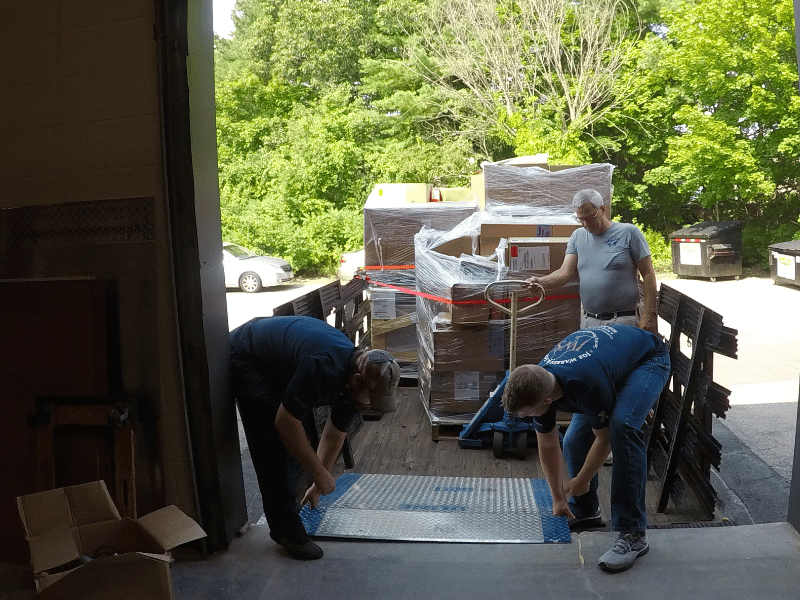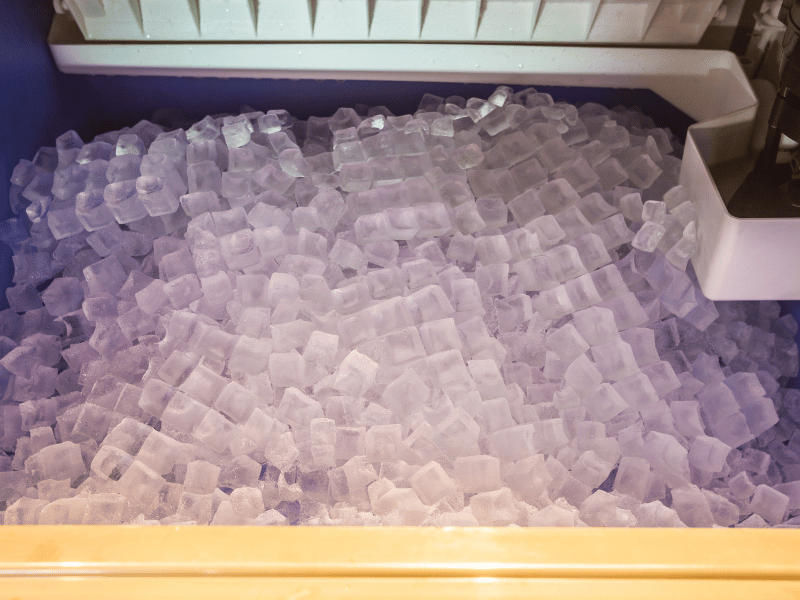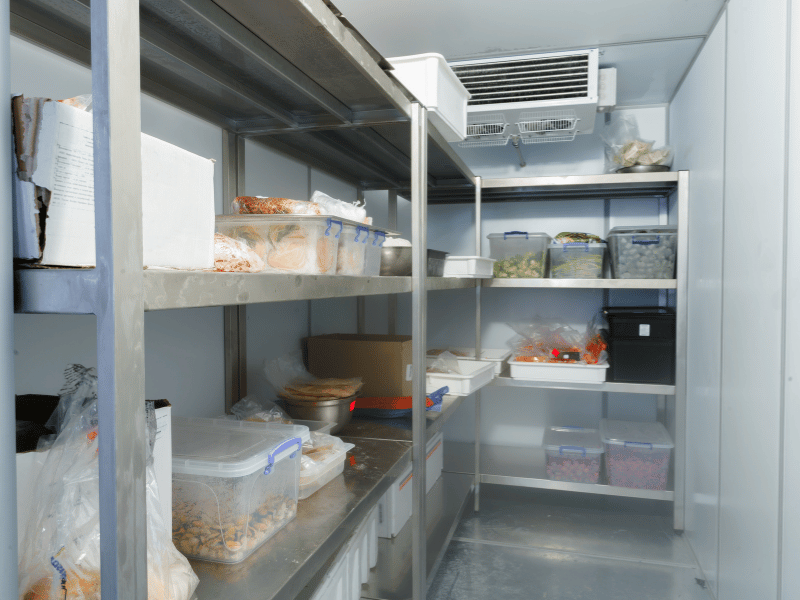In the bustling world of the restaurant industry, the heartbeat of any kitchen is the equipment that powers it. From stoves and ovens to refrigerators and dishwashers, the smooth operation of these appliances is crucial for the success of any establishment. However, as with any mechanical systems, kitchen equipment has a finite lifespan. Restaurant owners face the perpetual dilemma of determining when to repair and when to replace. In this guide, we’ll explore the factors that influence the lifespan of kitchen equipment and offer insights to help you make informed decisions.
Understanding Kitchen Equipment Lifespan:
Manufacturer Guidelines:
- Every piece of kitchen equipment comes with manufacturer guidelines regarding its expected lifespan. These guidelines provide a baseline for assessing the longevity of your appliances. Regularly check and adhere to these recommendations to maximize the efficiency and lifespan of your equipment.
Frequency of Use:
- The frequency at which your kitchen equipment is used is a key determinant of its lifespan. High-volume kitchens, such as those in bustling restaurants, experience more wear and tear on their appliances compared to low-volume establishments. Understanding the demands placed on your equipment allows for realistic expectations regarding its lifespan.
Maintenance Practices:
- Proper maintenance is the lifeline of kitchen equipment. Regular cleaning, inspections, and timely repairs can significantly extend the lifespan of appliances. Neglecting routine maintenance, on the other hand, accelerates wear and tear, leading to premature breakdowns and replacements.
Technological Advances:
- The rapid pace of technological advancements in the foodservice industry means that newer models often come with enhanced features, improved energy efficiency, and better performance. While older equipment may still function, upgrading to newer models can offer operational advantages and cost savings in the long run.
When to Repair:
Equipment Age:
- Age alone should not be the sole criterion for replacement. If an older piece of equipment is well-maintained, it may still have years of reliable service ahead. Assess the overall condition, performance, and efficiency before deciding to repair or replace.
Cost of Repairs:
- Evaluate the cost of repairs against the value of the equipment and its remaining lifespan. If the cost of repair is reasonable and extends the appliance’s usability, it may be a cost-effective decision. However, if repairs are frequent and costly, investing in a new appliance might be more economical in the long term.
Availability of Parts:
- Some older equipment may face challenges in sourcing replacement parts, especially if the manufacturer has discontinued the model. Before opting for repairs, ensure that essential parts are still available, or you may face extended downtime waiting for components.
When to Replace:
Frequent Breakdowns:
- If an appliance is experiencing frequent breakdowns, it may be a sign that its reliability is compromised. The cumulative cost of repairs can quickly surpass the investment in a new, more reliable piece of equipment.
Obsolete Technology:
- As technology advances, older equipment may become obsolete, lacking the features and efficiency of newer models. Upgrading to modern equipment can enhance kitchen efficiency, reduce energy costs, and improve overall performance.
Changed Operational Needs:
- If your restaurant has undergone changes in its menu, volume of customers, or overall operational needs, it’s essential to assess whether existing equipment can meet the new requirements. Upgrading may be necessary to accommodate evolving demands.
Consult with Joe Warren & Sons: Your Trusted Partner in Equipment Solutions
When navigating the decision-making process of whether to repair or replace kitchen equipment, consulting with experts like Joe Warren & Sons can provide invaluable insights. With years of experience in commercial food equipment services in New England, their team can assess the condition of your equipment, recommend cost-effective solutions, and guide you in making informed decisions that align with your operational goals. Contact us today.
Understanding the lifespan of kitchen equipment involves a nuanced evaluation of factors such as manufacturer guidelines, frequency of use, maintenance practices, and technological advances. Knowing when to repair or replace requires a balance between cost considerations, equipment age, and changing operational needs. By leveraging this guide and seeking professional advice, you can make strategic decisions that optimize the performance and longevity of your kitchen equipment.






